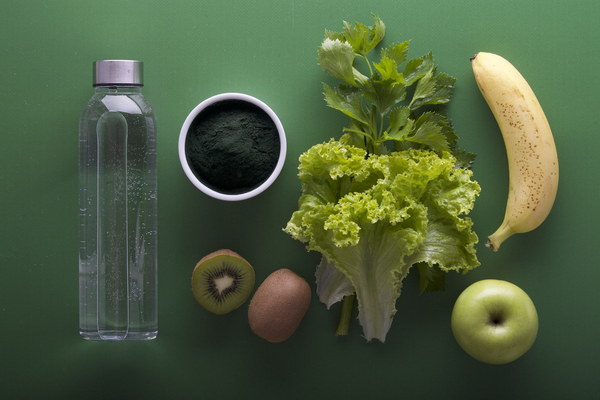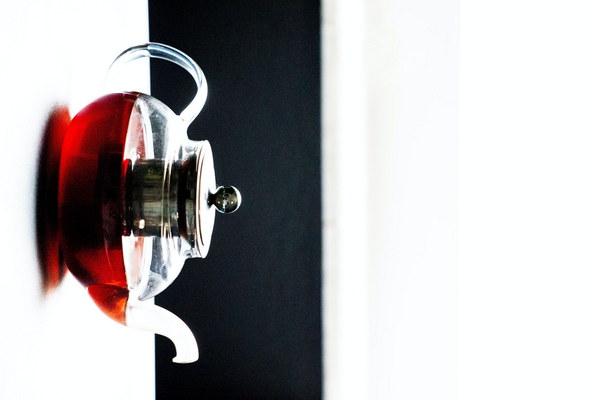The Man's Guide to Self-Care Navigating Alcohol Consumption and Body Maintenance
In the fast-paced world we live in, it's not uncommon for men to enjoy a glass of wine or a few beers after a long day. However, excessive alcohol consumption can take a toll on the body. If you're a man who enjoys the occasional drink but wants to maintain your health, here's a comprehensive guide to self-care and body maintenance while navigating alcohol consumption.
1. Moderation is Key

The first step in maintaining your health while drinking is to practice moderation. The American Heart Association recommends limiting alcohol intake to no more than two drinks per day for men. This means sticking to a standard beer, glass of wine, or a shot of spirits. Remember, the goal is to enjoy the taste and company, not to overindulge.
2. Hydration is Essential
Alcohol is a diuretic, which means it increases urine production and can lead to dehydration. To counteract this, ensure you're drinking plenty of water throughout the day. Aim for at least eight glasses a day, and increase your intake when you're consuming alcohol. Hydration helps your body process the alcohol more effectively and reduces the risk of hangovers.
3. Nutrition Counts
A well-balanced diet can help mitigate the negative effects of alcohol on your body. Incorporate a variety of fruits, vegetables, lean proteins, whole grains, and healthy fats into your meals. Foods rich in antioxidants, like berries and dark chocolate, can help combat the oxidative stress caused by alcohol. Additionally, foods high in B vitamins, such as avocados and almonds, can help replenish the nutrients that alcohol can deplete from your body.
4. Prioritize Sleep
Alcohol can disrupt your sleep patterns, leading to fatigue and decreased cognitive function. To ensure you're getting quality rest, try to avoid drinking alcohol at least two hours before bedtime. Establish a relaxing bedtime routine, such as reading or taking a warm bath, to help you wind down. Aim for seven to nine hours of sleep each night to give your body the chance to recover.
5. Regular Exercise
Regular physical activity can help offset some of the negative effects of alcohol on your body. Exercise increases blood flow, which can help your liver metabolize alcohol more efficiently. Incorporate a mix of cardiovascular exercise, strength training, and flexibility routines into your weekly schedule. Aim for at least 150 minutes of moderate-intensity aerobic activity or 75 minutes of vigorous-intensity aerobic activity each week.
6. Manage Stress
Alcohol is often used as a means to cope with stress. However, it can actually exacerbate stress levels and lead to dependency. Find healthier ways to manage stress, such as mindfulness, meditation, deep breathing exercises, or engaging in hobbies. By addressing the root cause of stress, you can reduce your reliance on alcohol.
7. Seek Professional Advice
If you find it challenging to maintain a healthy relationship with alcohol, consider seeking the advice of a healthcare professional. They can provide guidance on strategies to moderate your drinking or refer you to support groups that can help you navigate the challenges of alcohol consumption.
Remember, the goal is not to eliminate alcohol from your life but to find a balance that allows you to enjoy your favorite beverages while taking care of your health. By following these tips, you can navigate alcohol consumption and ensure your body remains in good condition for years to come.









